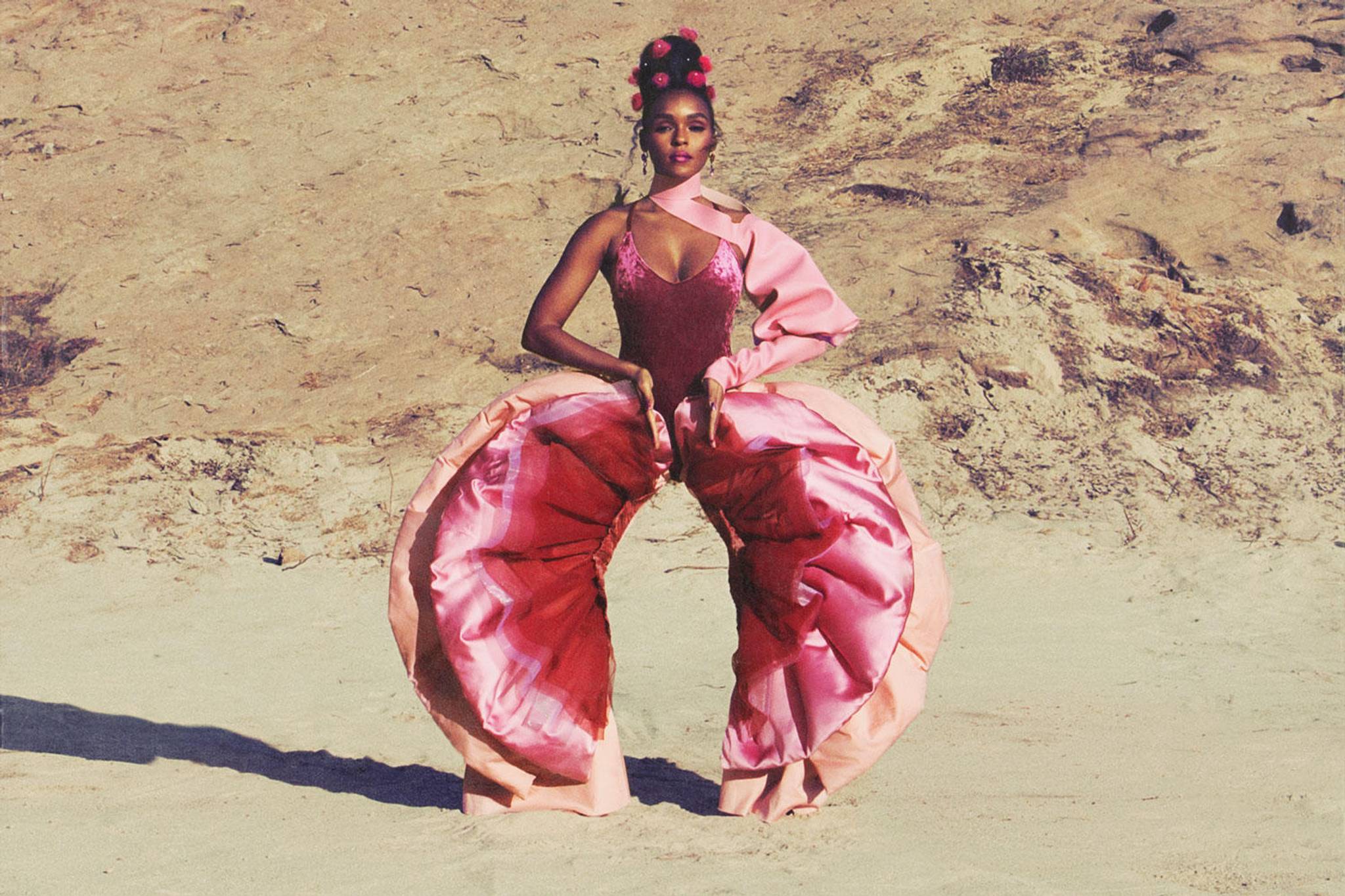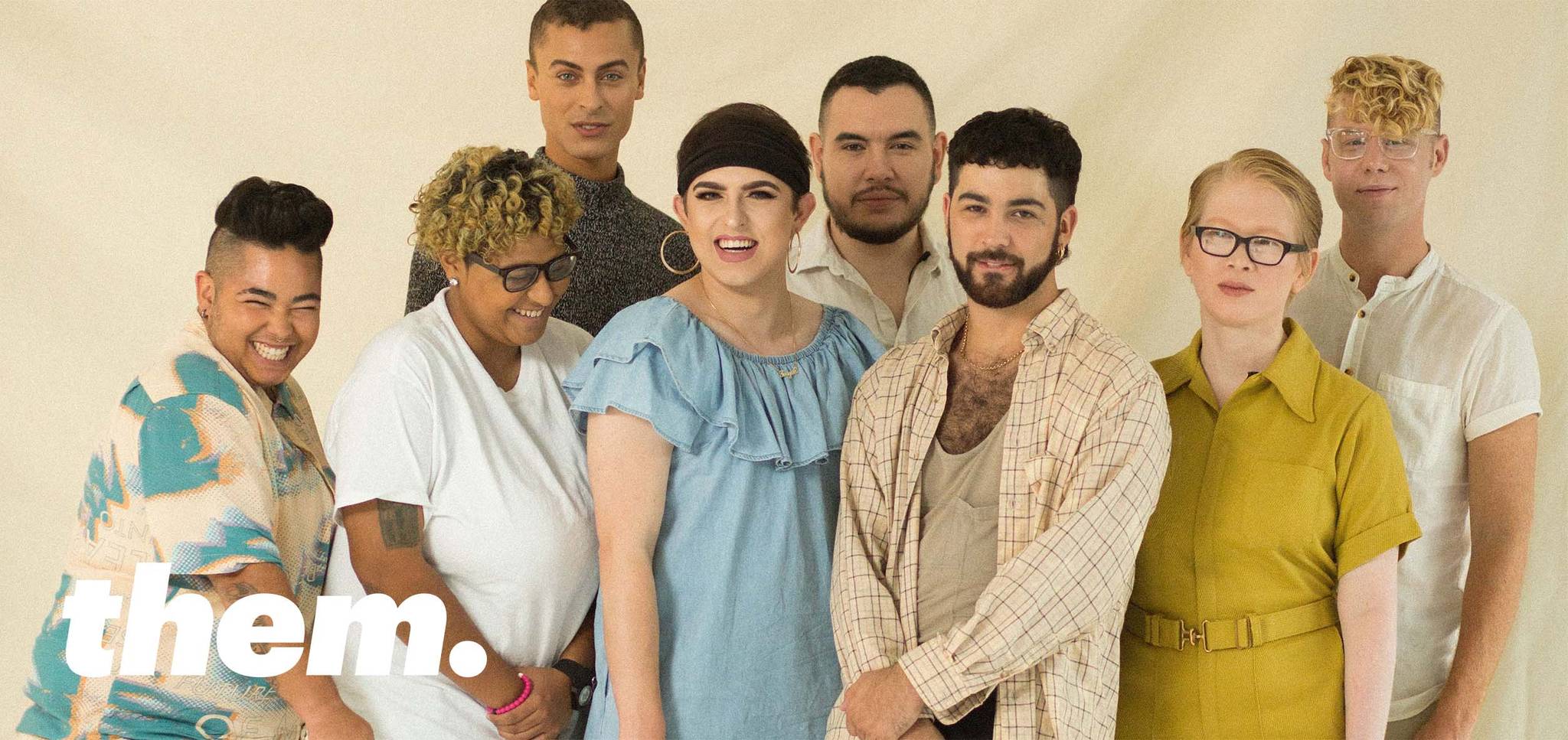
Good Science Beauty has developed scientifically-backed cosmetics packaged up with a clinical look. Skincare is becoming an increasingly exacting aspect of self-care, with people putting their trust in proven solutions for everything from anti-ageing to reducing acne. We explore the science behind how a beauty brand is legitimising the efficacy of its products through evidence.
With gender-neutral branding inspired by the periodic table, Good Science Beauty’s products are designed to appeal to people seeking both efficiency and efficacy in their skincare routine. Its website clearly explains how the ingredients work on the skin, with even silicon – not to be confused with the synthetic substance that makes up breast implants – put front and centre for its benefits. “For me, science is the answer. My team and I spent almost ten years developing a unique technology to make skincare products more effective,” says Dr. Suzanne Saffie-Siebert, the company's CEO and Founder.
Skincare has shifted from the beauty category to the realm of wellness and health, with people more interested in having healthy skin than a pretty face. In fact, 41% of British women say they want to look ‘radiant’ rather than ‘young’. Despite declining trust in other parts of society, Americans still put significant stock in science; a 2017 Pew survey revealed that 40% of people had a great deal of confidence in the scientific community, a figure that has remained stable since the 1970s. It’s an attitude that’s been impacting the beauty sector, with 45% of people saying they’re interested in a scientific approach to skincare to ensure visible results.
As it becomes clear that there is no one-size-fits-all option when it comes to skincare, people are interested in developing their own solutions, with brands like DECIEM's The Ordinary providing single active ingredients to mix and match according to individual needs. Meanwhile, Murad offer vitamin supplements along with topical serums, letting people address their skin concerns from the inside out. “Consumers are becoming increasingly savvy. They’re very aware of what goes into their beauty products and they’re also fairly knowledgeable about the science behind them,” say beauty experts Kate Zadah and Abbie Carter.
almightybrands.co.uk/good-science-beauty
Clarisse Aichelburg is an intern at Canvas8, which specialises in behavioural insights and consumer research. She went from a BSc in Psychology, Dual Masters in Brain and Mind Science to a PhD in Cognitive Neuroscience, and is currently transitioning from academia to the real world. Obviously, she is interested in the mind and brain, and enjoys yoga and pizza.



